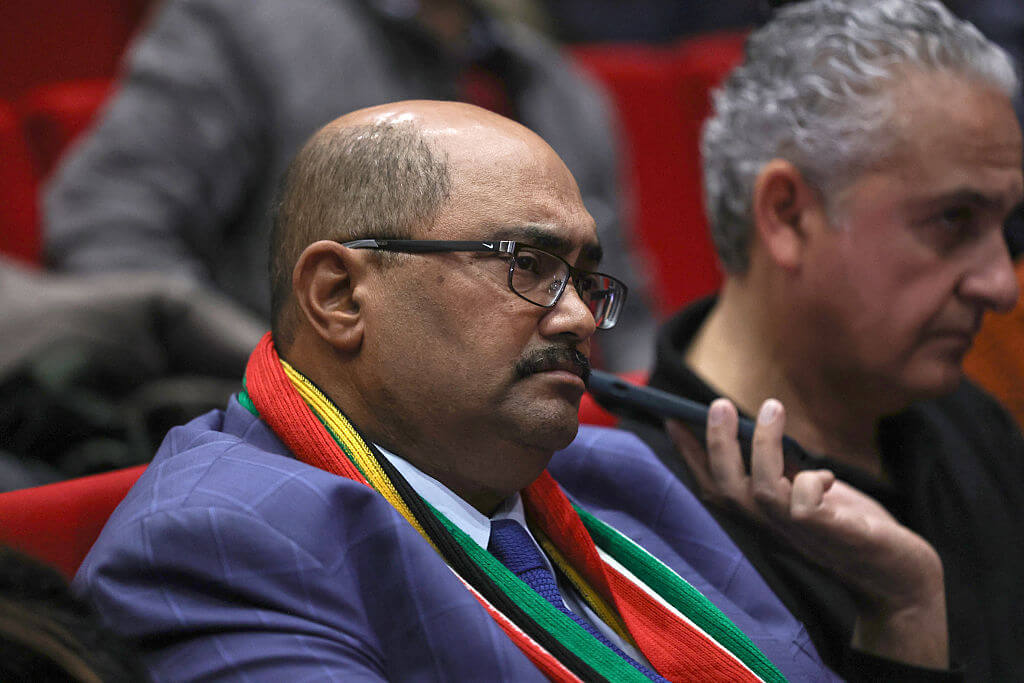Allies Press White House on Palestinians
The Saudi diplomatic push comes as European and Arab countries are pressing the Bush administration to jumpstart the Israeli-Palestinian peace negotiations in the wake of the recent Lebanon war, first and foremost by urging it to accept a Palestinian unity government with Hamas that would not explicitly recognize Israel or renounce violence.
But the Bush administration has resisted softening its stance on the need for a new government to clearly accept the international community’s demand that it recognize Israel, honor past agreements and foreswear violence.
America’s allies are hoping that even if the Palestinian unity government failed to meet all these requirements right away, its creation could help pave the way for formal negotiations between Israel and the Palestinian Authority President Mahmoud Abbas that would be underpinned not only by the road map peace plan but also by a new version of the four-year-old Saudi peace plan.
“If we don’t push the road map forward now, then we’re going to hurt ourselves,” Kim Howells, British deputy foreign minister in charge of the Middle East, told the Forward in an interview. He stressed that the Palestinian issue was always coming up in his numerous travels throughout the region.
“I think something is happening,” Howells said, “because of the Lebanese war and the dire situation in Gaza that is causing acute concern in the international community.”
French Foreign Minister Philippe Douste-Blazy has said that his country and the European Union were adamant that the conditions be met. But he told reporters at a September 22 briefing that if Hamas would enter a national unity government, this would amount to an implicit recognition of Israel and, as such, allow international aid to flow back into the Palestinian territories. He added that the time was possibly ripe for a diplomatic push and that Olmert should quickly restart formal talks with Abbas.
European officials are now hoping to enlist Washington’s support. Even though several diplomats and experts noted that the administration had accepted stronger language than usual about the need for negotiations in the Quartet statement issued last week, and described Secretary of State Condoleezza Rice as willing to become more involved, Bush gave strong indications that he was unmoved.
According to sources close to the discussions, he rejected Abbas’s unity government platform during a meeting at the White House because the document did not spell out that the international community’s conditions would be met. This prompted Abbas in his United Nations General Assembly speech to reiterate that a Palestinian government would need to abide by the three conditions. The next day, Hamas Prime Minister Ismail Haniya claimed that he would not head any unity government that recognized Israel.
During last week’s annual U.N. General Assembly, members of the E.U. and Arab countries, including Jordan and Saudi Arabia, held meetings and briefings to map out a solution to the current stalemate.
The Arab League is leading a move to grant the U.N. Security Council the management and supervision of an expedited negotiation process between Israel and the Palestinians, as well as with Syria and Lebanon. Under the proposal, the Security Council would be granted the authority to impose sanctions on the side that uses violence during the negotiations.
















